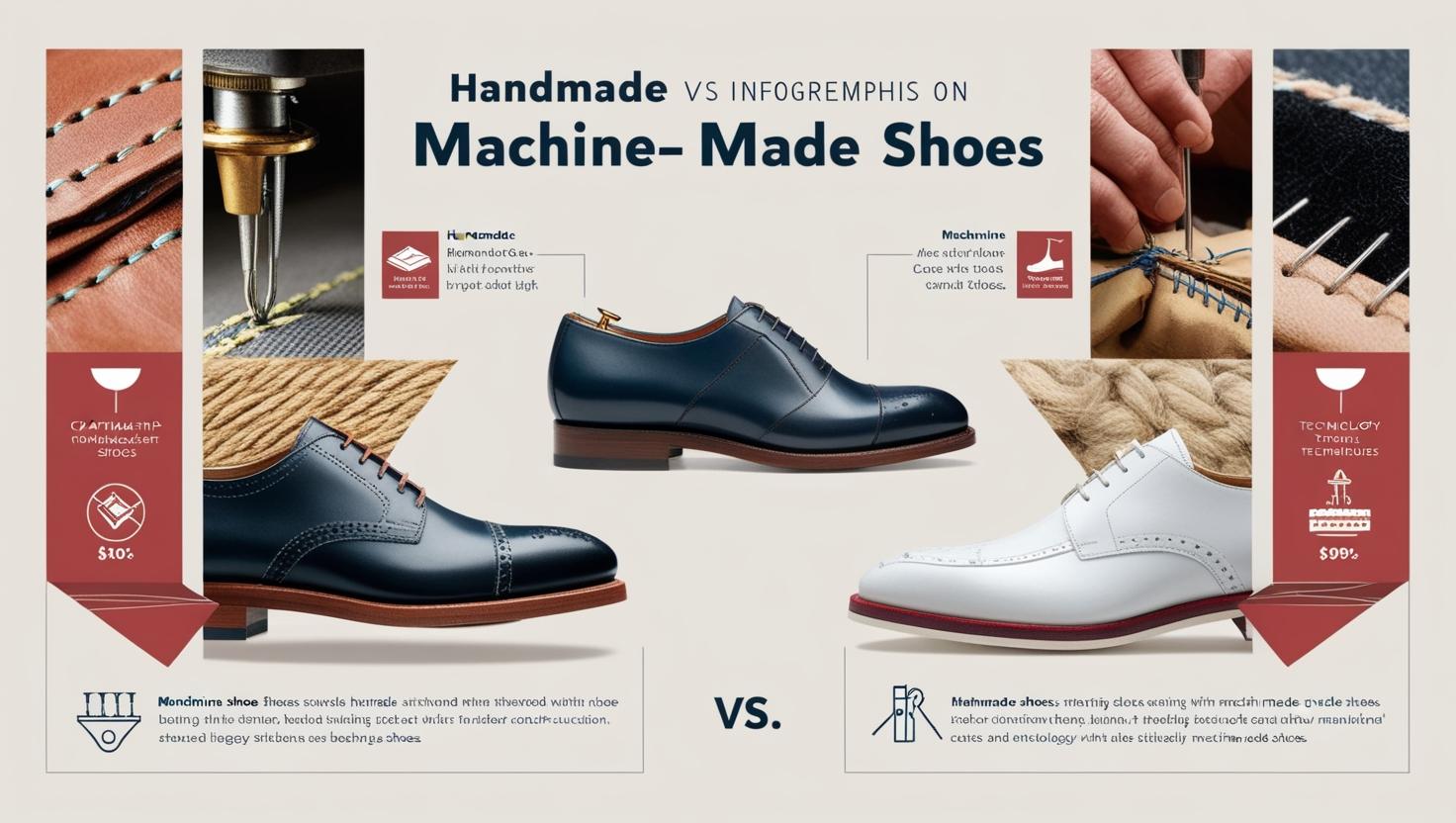
Handmade vs. Machine-Made Shoes: What You Need to Know
When it comes to choosing the perfect pair of shoes, one of the biggest decisions is whether to go for handmade or machine-made shoes. Each type has its own advantages and unique characteristics. This guide will walk you through the key differences, benefits, and considerations to help you make an informed choice.
1. The Craftsmanship Difference
Handmade Shoes:
Handmade shoes are crafted by skilled artisans who use traditional techniques to create each pair. The process often involves hand-cutting leather, hand-stitching soles, and using premium materials. Since each shoe is individually crafted, the quality control is significantly higher compared to machine-made shoes.
Machine-Made Shoes:
Machine-made shoes are mass-produced using automated machinery. While this allows for quicker production, it also means less attention to detail. The use of adhesives and synthetic materials is common to speed up the process and reduce costs.
2. Material Quality
Handmade Shoes:
-
Typically made with full-grain or top-grain leather, offering superior durability and breathability.
-
Use of natural materials such as cork footbeds and leather insoles, which mold to the shape of the foot over time.
-
The stitching process (e.g., hand-welting or Goodyear welt) ensures long-lasting construction.
Machine-Made Shoes:
-
Often made from synthetic materials or lower-quality leather to keep costs low.
-
The sole is usually glued instead of stitched, making them prone to wear and tear.
-
Comfort may decrease over time due to the use of artificial fillers.
3. Comfort & Fit
Handmade Shoes:
-
Crafted to fit the foot precisely, sometimes even customized for individual buyers.
-
Natural materials allow better breathability and flexibility, making them more comfortable in the long run.
-
Cork or leather insoles adapt to the wearer's feet, providing a personalized fit.
Machine-Made Shoes:
-
Standardized sizing may not always fit perfectly.
-
Mass production often means less flexibility in materials, leading to discomfort after extended wear.
-
The use of synthetic fillers may create stiffness.
4. Durability & Longevity
Handmade Shoes:
-
Can last for decades if properly cared for.
-
Soles can be replaced multiple times without damaging the shoe structure.
-
Stronger construction methods, such as hand-welting or Blake stitching, make them more resilient.
Machine-Made Shoes:
-
Typically have a shorter lifespan, often needing replacement within a couple of years.
-
Once the sole wears out, the shoe is often non-repairable.
-
The use of adhesives makes them susceptible to breakdown over time.
5. Sustainability & Environmental Impact
Handmade Shoes:
-
Use of natural materials and traditional techniques makes them more sustainable.
-
Longer lifespan reduces waste compared to fast fashion footwear.
-
Many handmade shoes are biodegradable due to the absence of synthetic components.
Machine-Made Shoes:
-
High production rates contribute to increased environmental waste.
-
The use of synthetic materials leads to non-biodegradable waste.
-
Factory production often results in higher carbon emissions.
6. Price Comparison
Handmade Shoes:
-
More expensive due to the craftsmanship and high-quality materials.
-
Considered an investment since they last longer and can be repaired.
-
Offer better value in the long term due to their durability.
Machine-Made Shoes:
-
More affordable, making them accessible to a wider audience.
-
Tend to need frequent replacement, leading to higher costs over time.
-
Mass production allows for lower initial prices but at the cost of quality.
7. Aesthetic & Style
Handmade Shoes:
-
Unique and often customized designs.
-
Fine detailing, stitching, and finishing make them stand out.
-
Classic and timeless appeal suitable for formal occasions.
Machine-Made Shoes:
-
Standardized designs, often lacking individuality.
-
Trend-based styles that may go out of fashion quickly.
-
Mass production limits the level of detail in finishing.
Conclusion: Which One Should You Choose?
If you prioritize quality, longevity, and craftsmanship, handmade shoes are the clear winner. They offer unmatched durability, comfort, and style, making them a great investment. However, if you need an affordable, short-term footwear solution, machine-made shoes might be the better option.
Ultimately, the choice comes down to your lifestyle, budget, and personal preference. Whether you opt for handmade elegance or machine-made convenience, knowing the differences will help you make the best decision for your feet and your wallet.

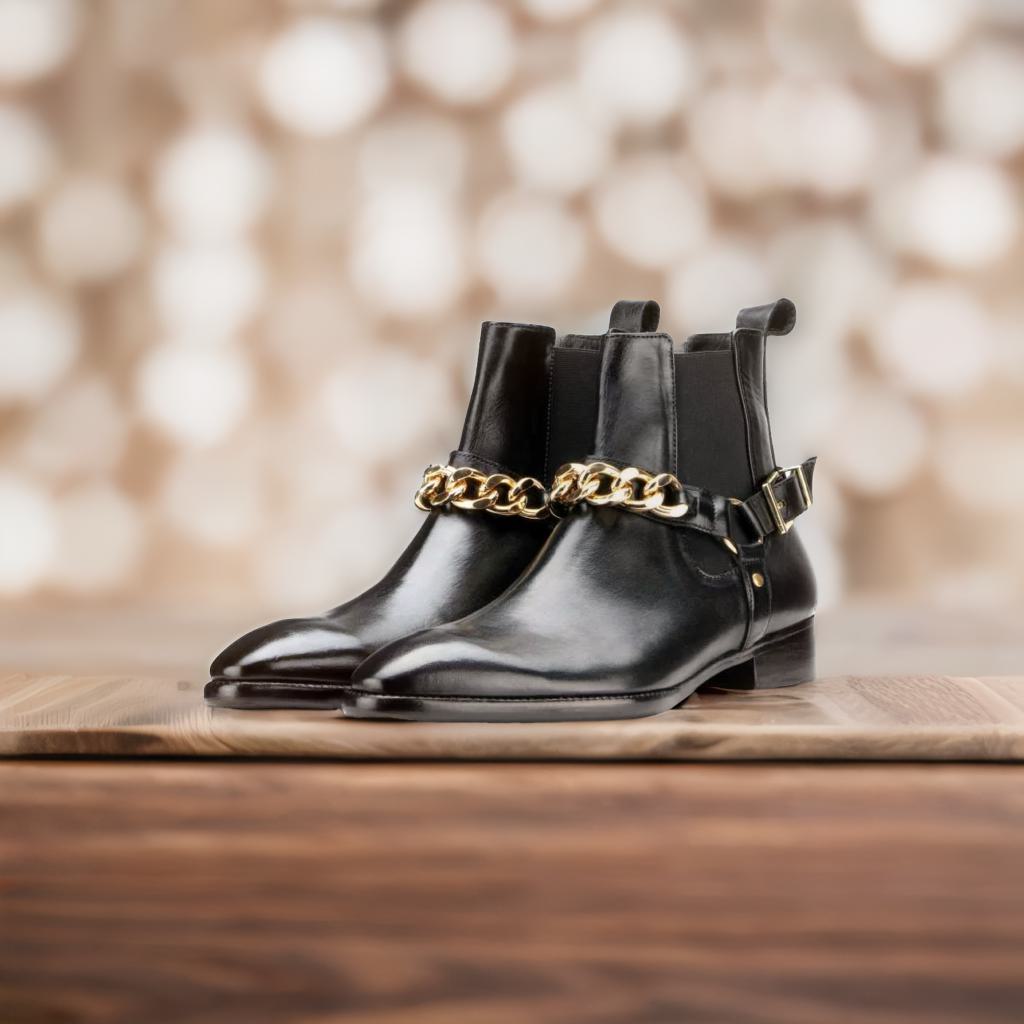
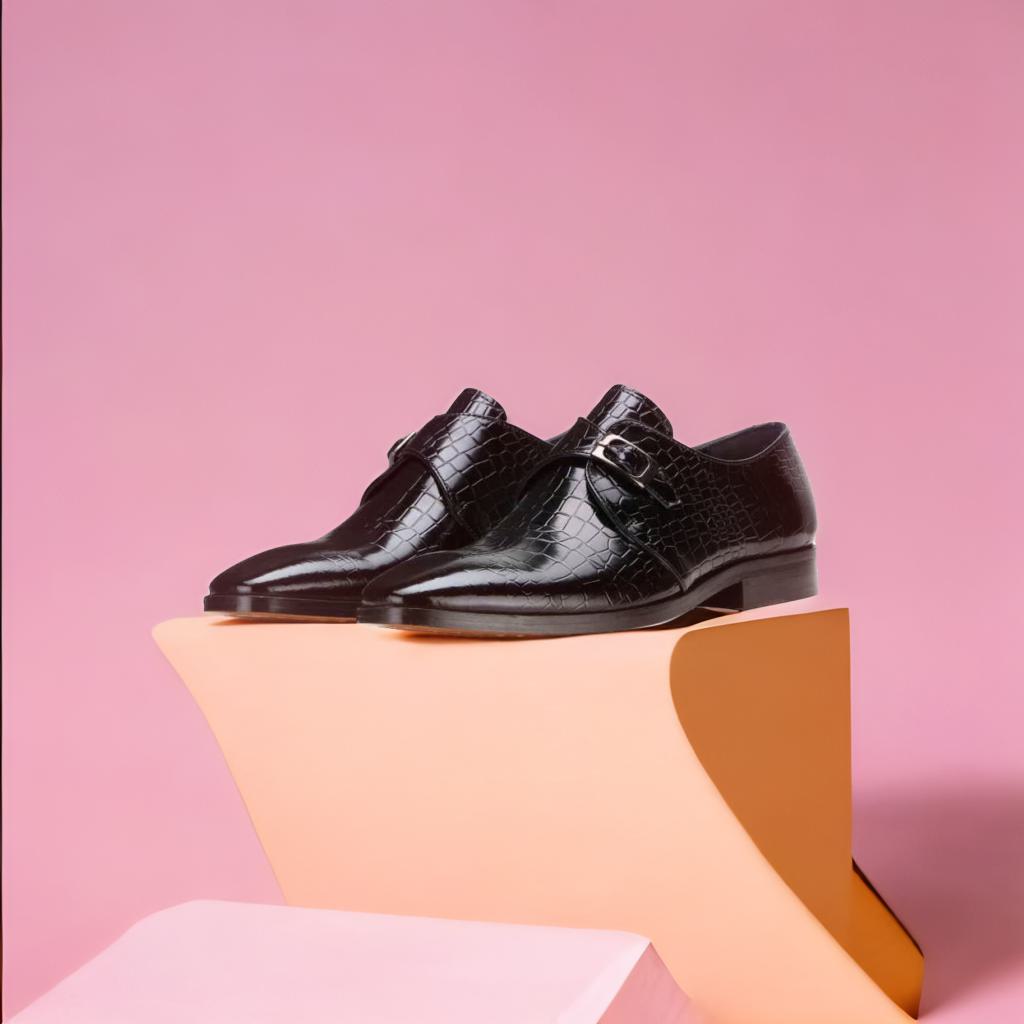
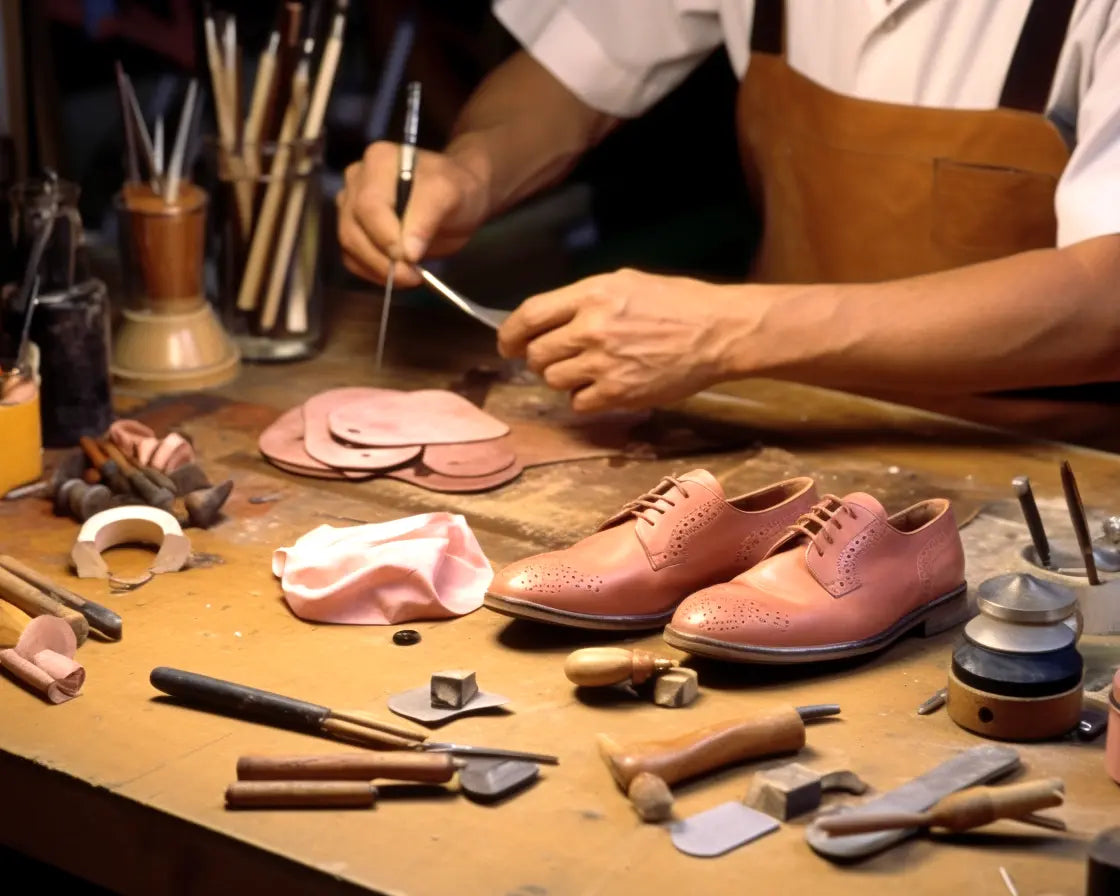
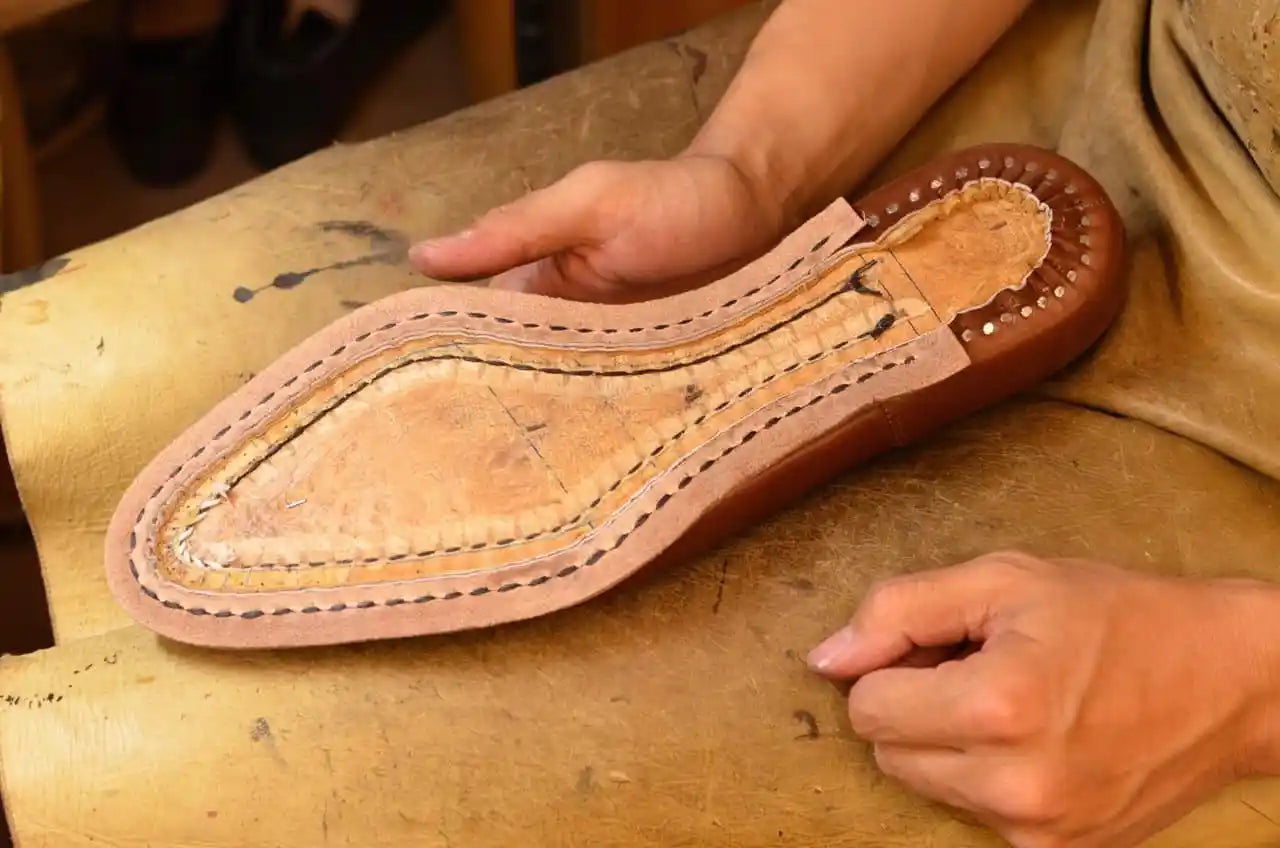
Leave a comment
This site is protected by hCaptcha and the hCaptcha Privacy Policy and Terms of Service apply.